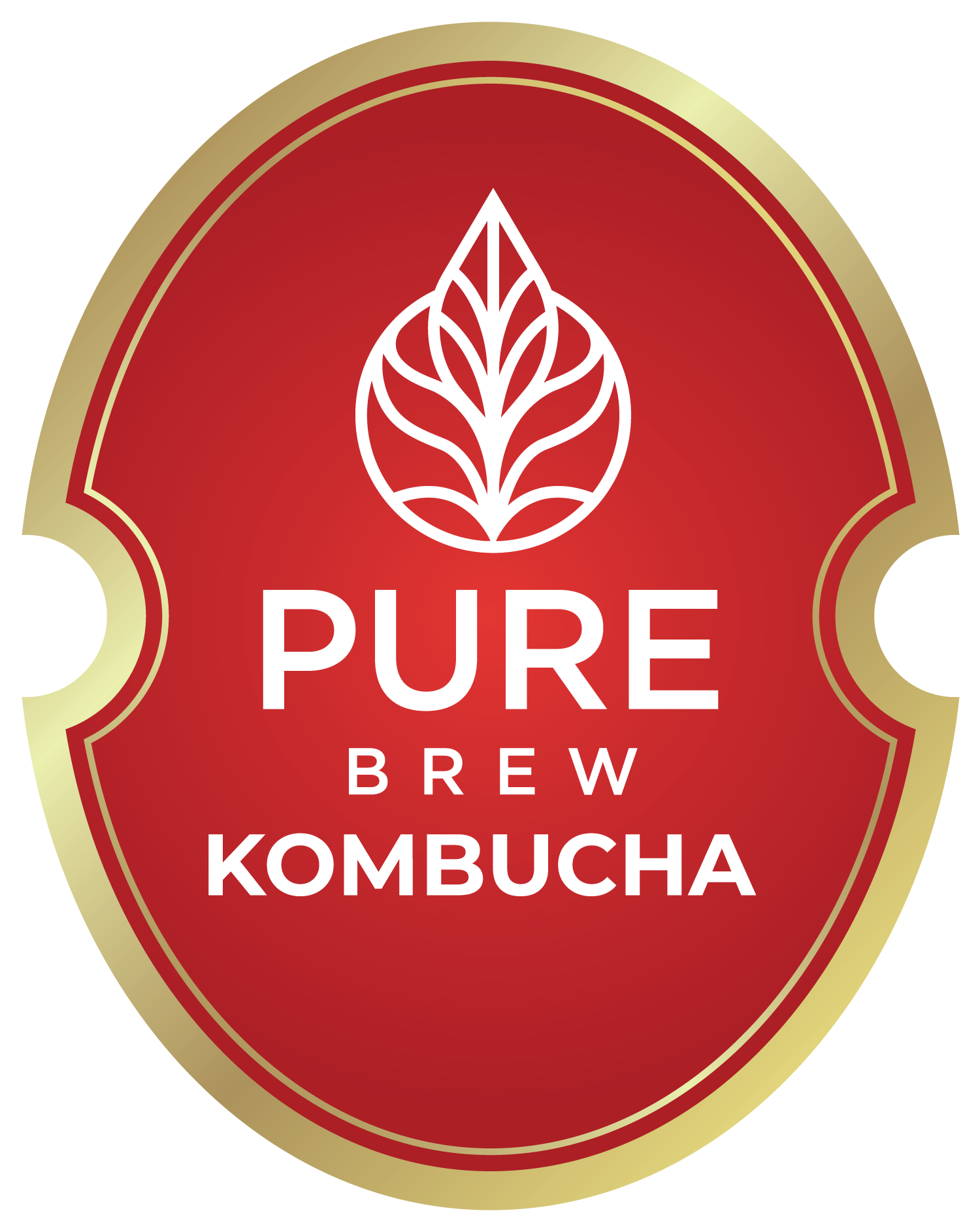About Us
From our refreshing kombucha to delicious cookies
and rich teriyaki sauces, we craft every product
with care and innovation

Our Kenyan Roots
Nestled amidst the breathtaking landscapes of Kenya, our journey began with a deep appreciation for the rich culinary heritage of the region. Inspired by the diverse flavors and traditions that define Kenyan cuisine, we set out to craft products that capture the essence of authenticity and excellence.
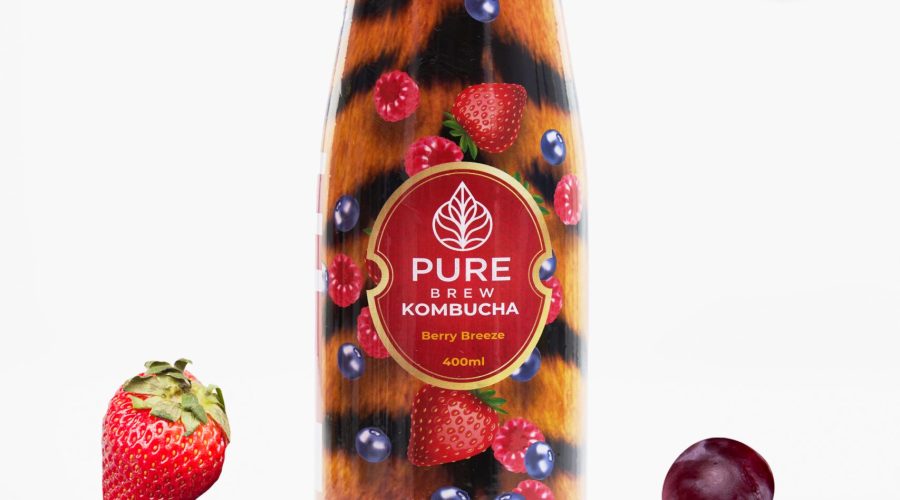
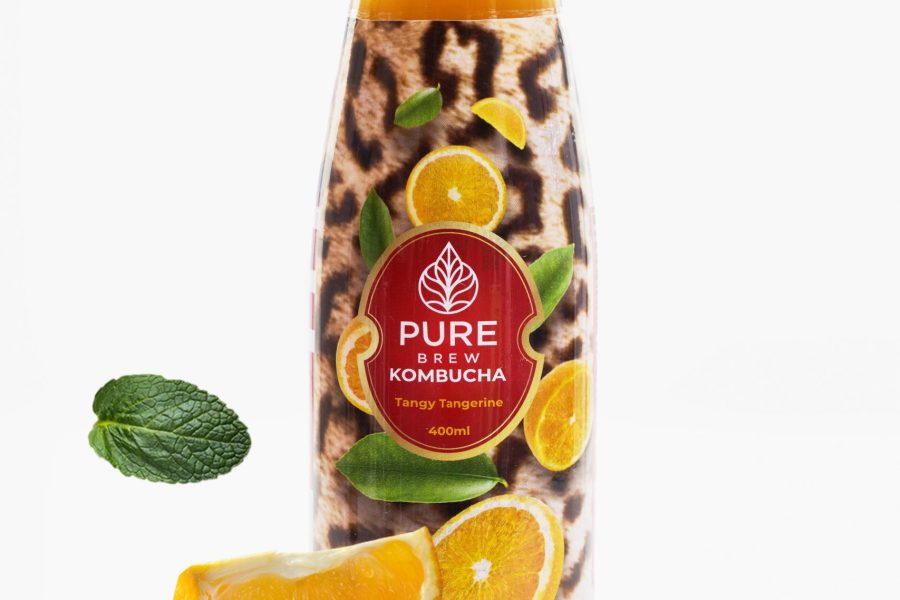
How We Started
What started as a venture focused on Himalayan salts has blossomed into a diverse portfolio that reflects the dynamic nature of our company. While our commitment to sourcing the finest Himalayan pink salt, black salt, and coarse salt remains unwavering, we have expanded our offerings to include a tantalizing array of products, from kombucha and SCOBYS to an exquisite selection of seasonings, spices, and sauces.
Making of Kombucha
A combination of specific yeast and bacteria are added to the sweet tea, often referred to as SCOBY. SCOBY stands for “symbiotic culture of bacteria and yeast”. The sugar from the sweet tea feeds the SCOBY, aiding in its growth of beneficial colonies of bacteria.
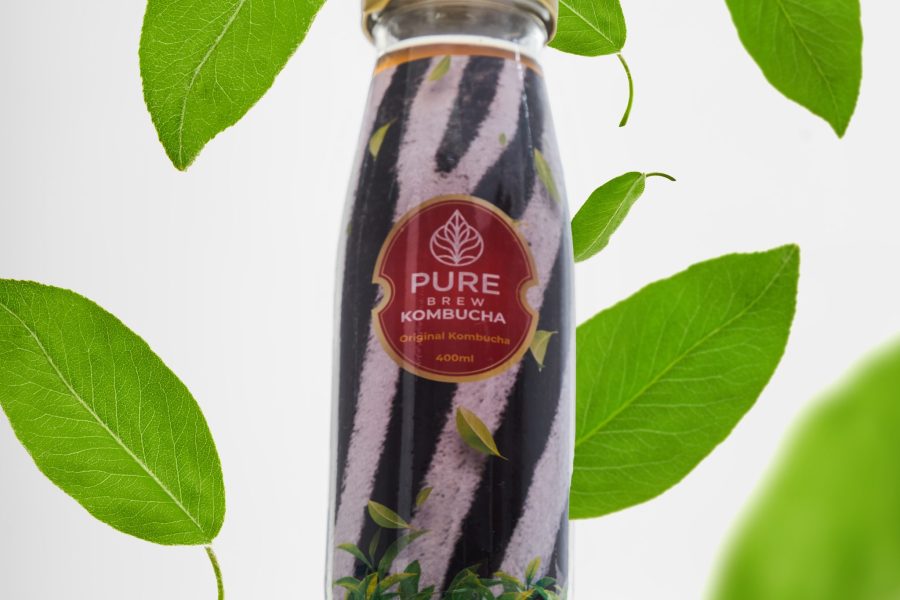
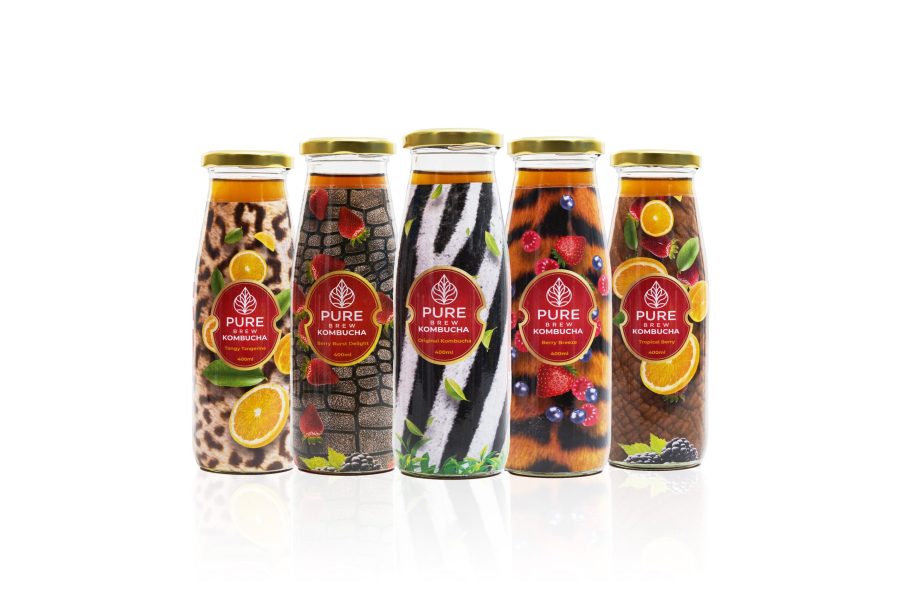
Ingredients of Our Kombucha
Kombucha Culture (SCOBY)
Black Tea
Organic Cane Sugar
Raspberries
Blue Berries
Black Berries
Strawberries
Tangerines
Passion Fruit
Fresh Mint
Why Limitless Packaging?
At Limitless Packaging Ltd – Kenya, diversity is not just a concept; it’s a way of life. We take pride in celebrating the rich tapestry of flavors and ingredients that Kenya has to offer, sourcing locally whenever possible to ensure the highest quality and freshness in every product.
A combination of specific yeast and bacteria are added to the sweet tea, often referred to as SCOBY. SCOBY stands for “symbiotic culture of bacteria and yeast”. The sugar from the sweet tea feeds the SCOBY, aiding in its growth of beneficial colonies of bacteria.
Kombucha made from green tea may offer many of the same health benefits as green tea itself, such as weight loss and blood sugar management.
Studies have shown that antioxidant-rich kombucha protects rats’ liver from toxicity.
Kombucha is also rich in tea polyphenols and acetic acid, which have both been shown to suppress the growth of undesirable bacteria and yeasts.
It has been shown to improve LDL and HDL cholesterol levels in rats and protect against heart disease. Kombucha also improved several markers of diabetes in rats, including blood sugar levels.
Test tube studies show that kombucha may suppress the growth of cancer cells. It’s unknown whether drinking kombucha has any effects on cancer risk in people.
People who are pregnant or breastfeeding or who have weakened immune systems should avoid kombucha tea. Others may drink the tea if they like the taste, but only if it comes from a trusted source.
Kombucha’s culturing process leaves behind a tasty beverage that contains healthy acids and a wide range of probiotics.
Acids are important for the first stage of digestion — in our stomachs. A healthy digestive fire promotes efficiency and maximal nutrition absorption. Despite its acidic flavor, kombucha can also help treat ulcers by regulating the amount of acid your stomach releases.
